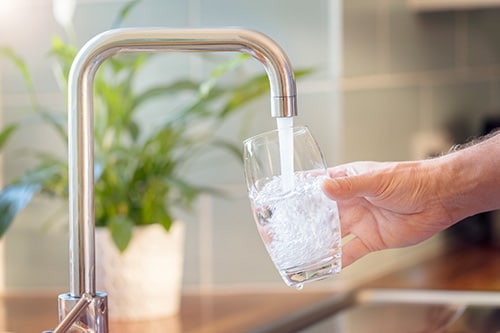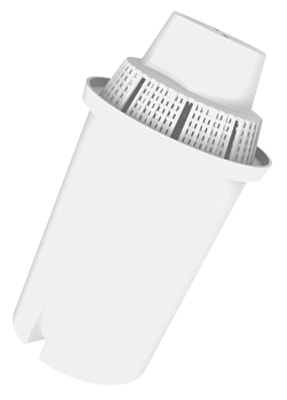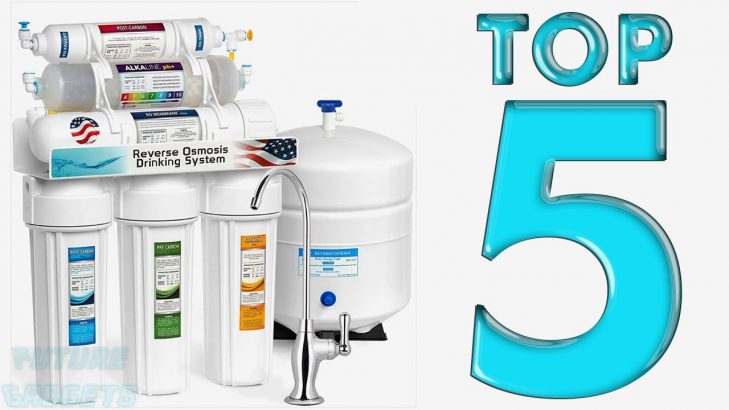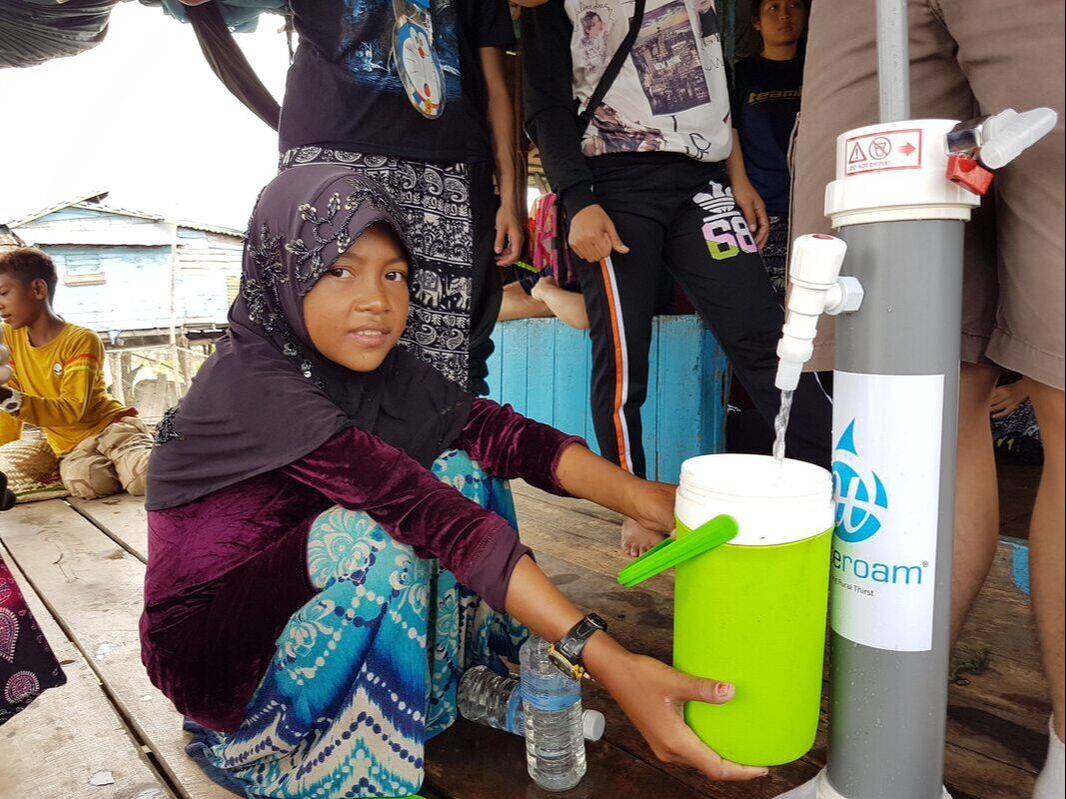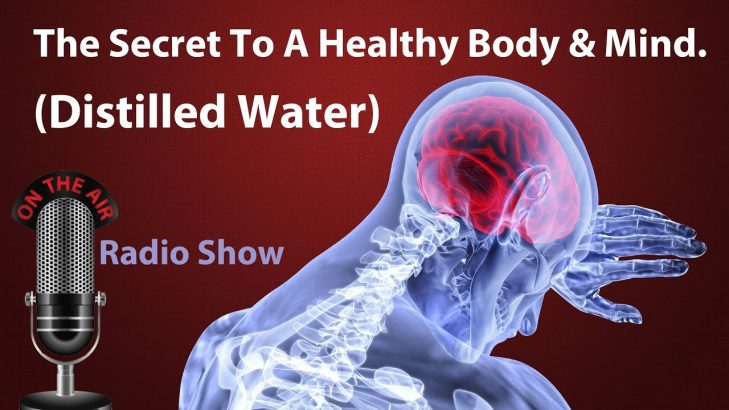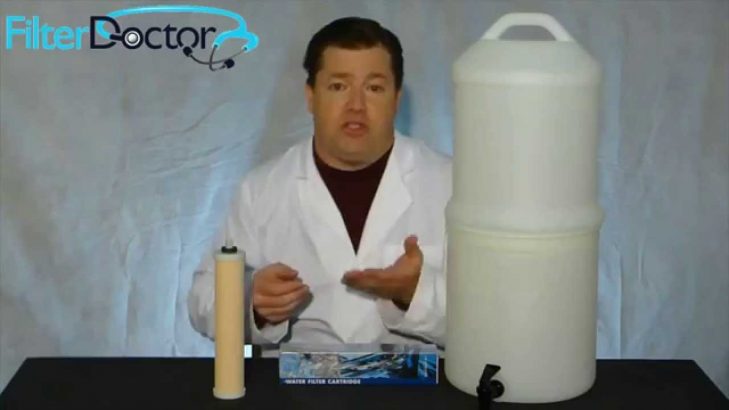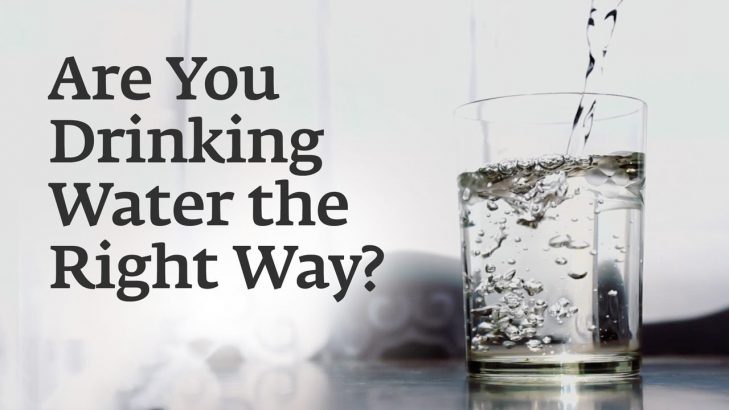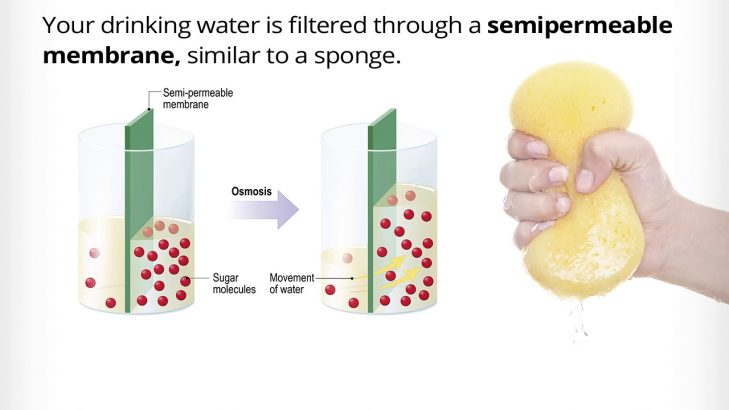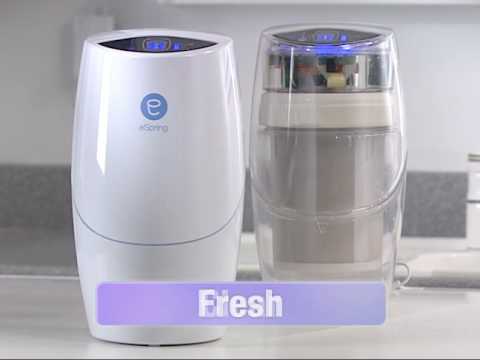Surprising health benefits of filtered water

While having your mind boggled by the myriad methods of getting super healthy in a super quick time, one simple truth usually escapes us: filtered water is really good for you. Lots of it. All the time.
Filtered water can do wonders for you that bogus remedies can only dream of (but still market themselves as being able to do so).
But if the quality of the main ingredient of your health regimen is inferior, then it pretty much negates the benefit of any other nutritious stuff you also consume.
If your water isn’t palatable, you’re just not going to drink enough of it and might end up reaching for the unhealthy soft drink to quench your thirst.
So why is filtered water better than the alternatives? Here are our top five reasons:
1) No Chlorine
You know that stingy, pongy stuff they use to disinfect swimming pools? Yup – that’s also used to disinfect your drinking water.
That’s why your tap water might taste a bit bitter and have a slight whiff that really shouldn’t be there. We really don’t fancy too much chemical disinfectant in our daily drink.
A decent carbon filter will reduce chlorine by 99%.

2) No nasty bits
Your drinking water may be relatively free of loads of dirt when it leaves the water treatment works, but it travels a fair old distance before it gets to your taps.
It could be traveling miles through rusty old pipes, and that’s even before it has to go through the pipework in your building – which could also be donkey’s years old.
Even though you can’t always see bits of rust, sand, and other dirt coming out of your tap – it’s there. Take a look at what Virgin Pure’s filters pick up in a typical home:…

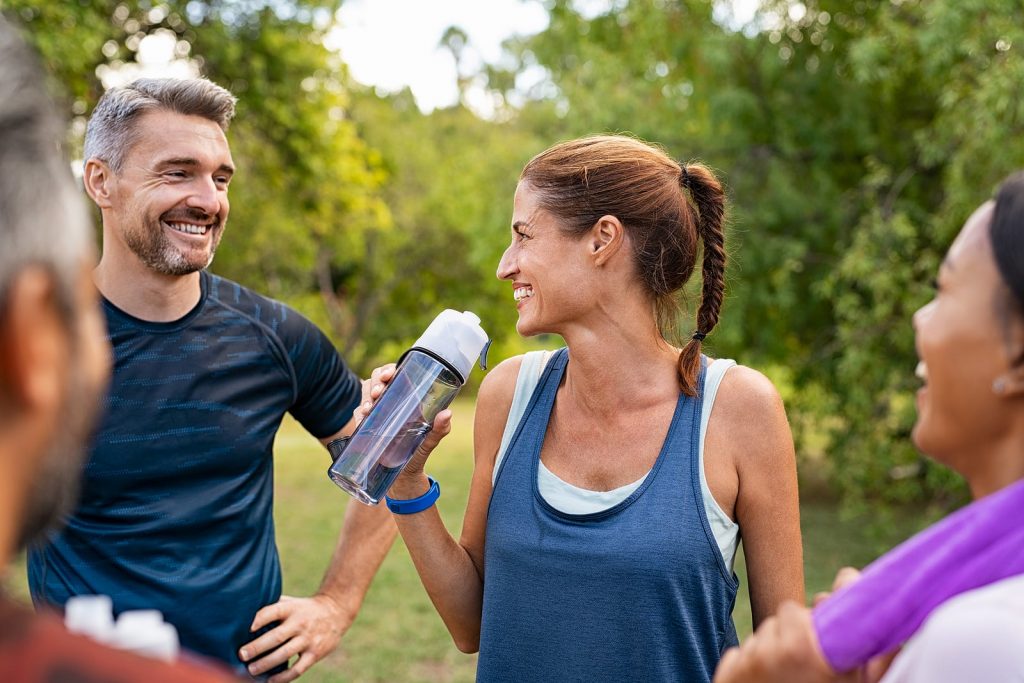
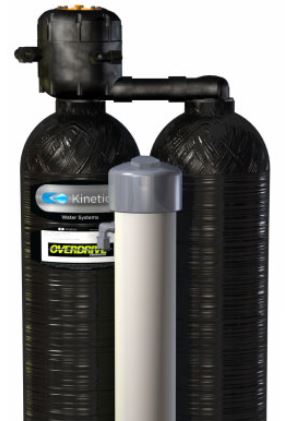
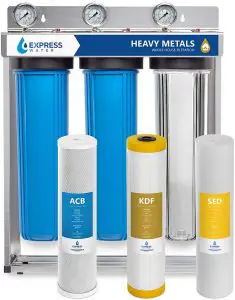
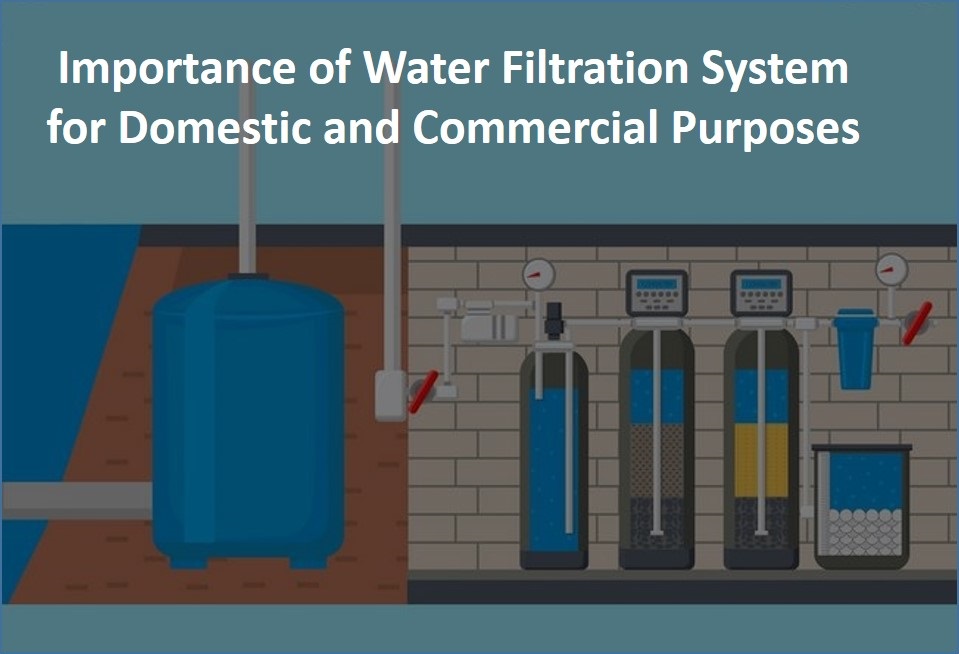

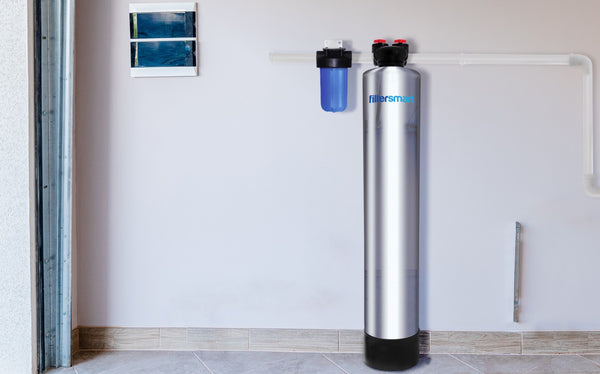
:max_bytes(150000):strip_icc():format(webp)/GettyImages-200425048-001-5a93facb0e23d900379a2172.jpg)
